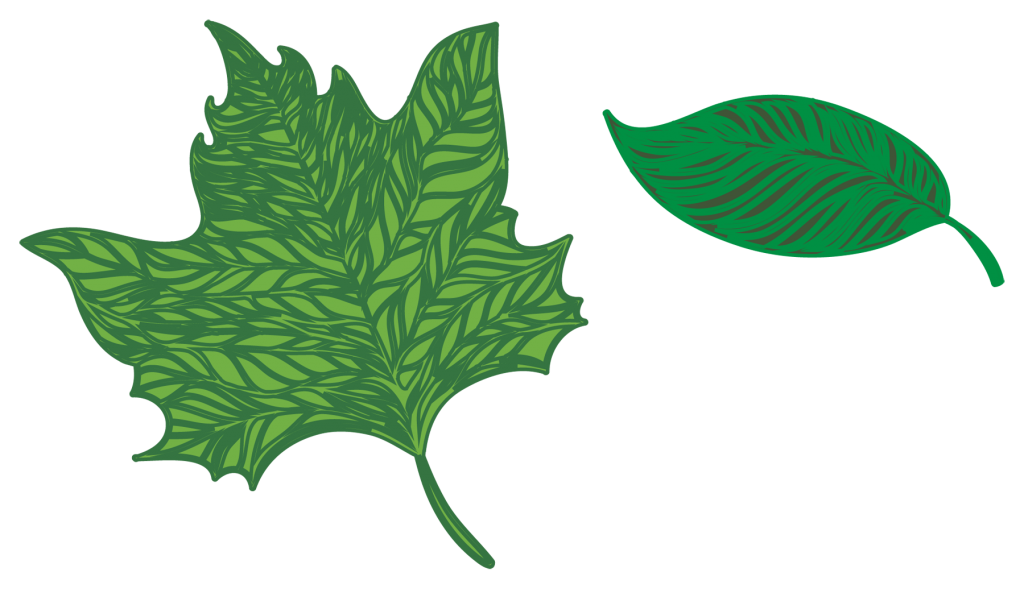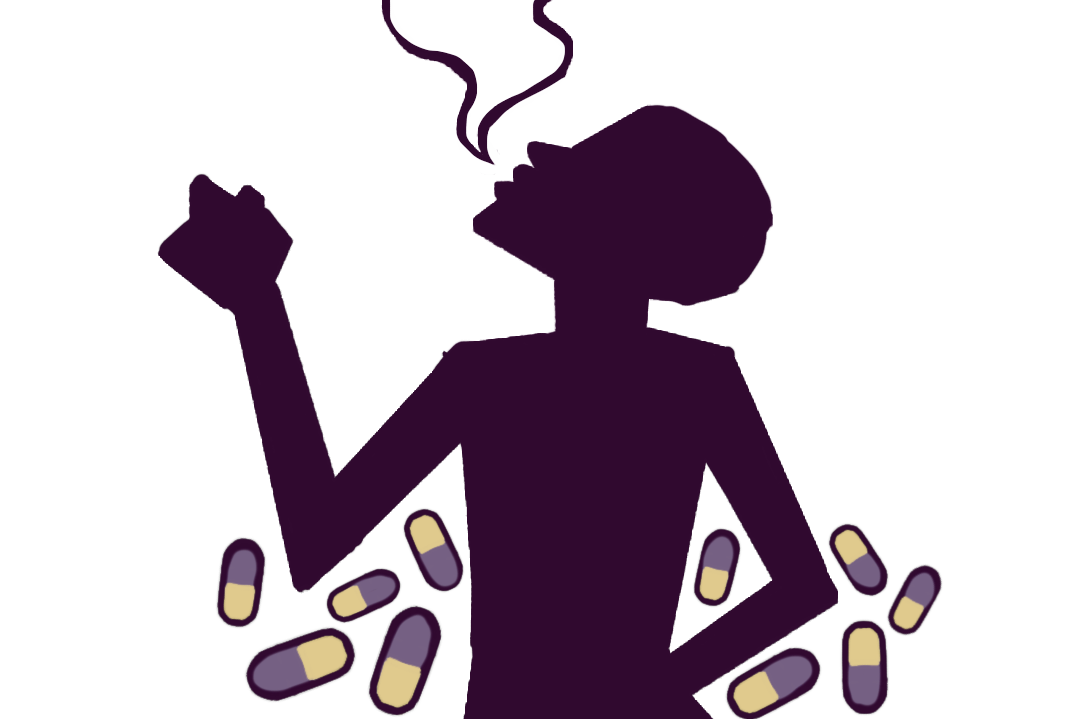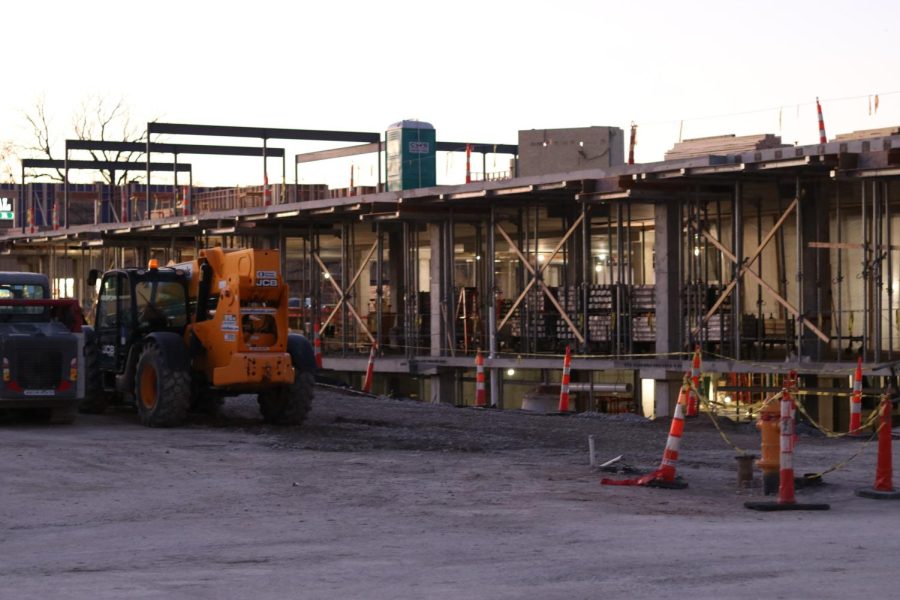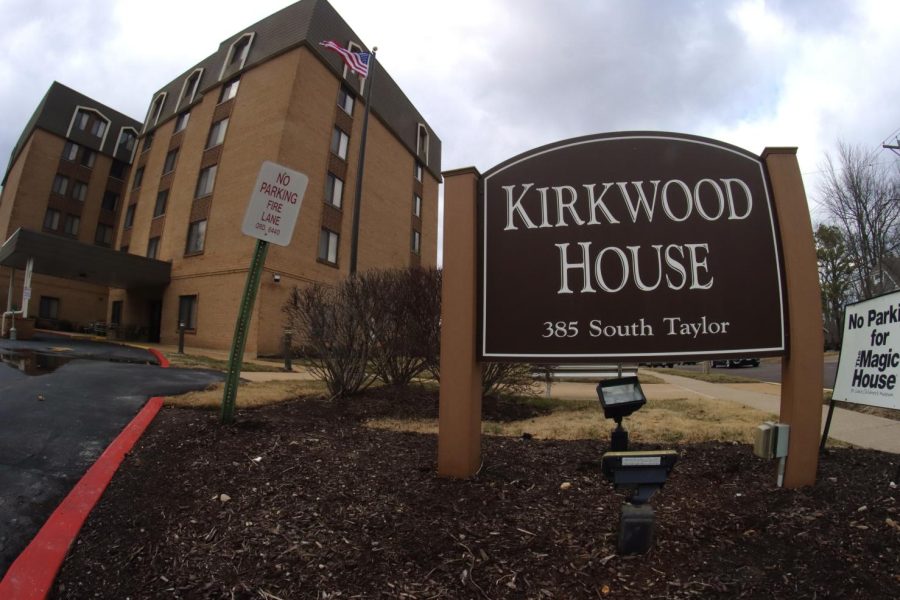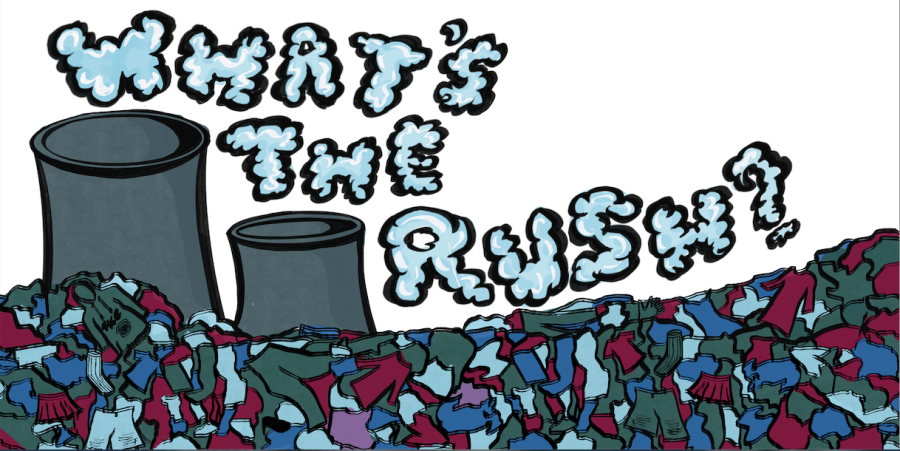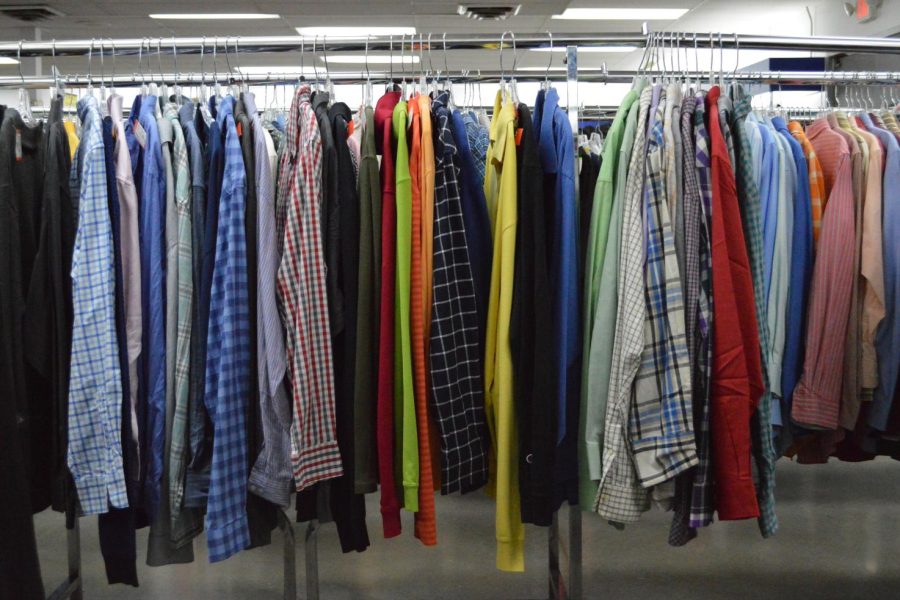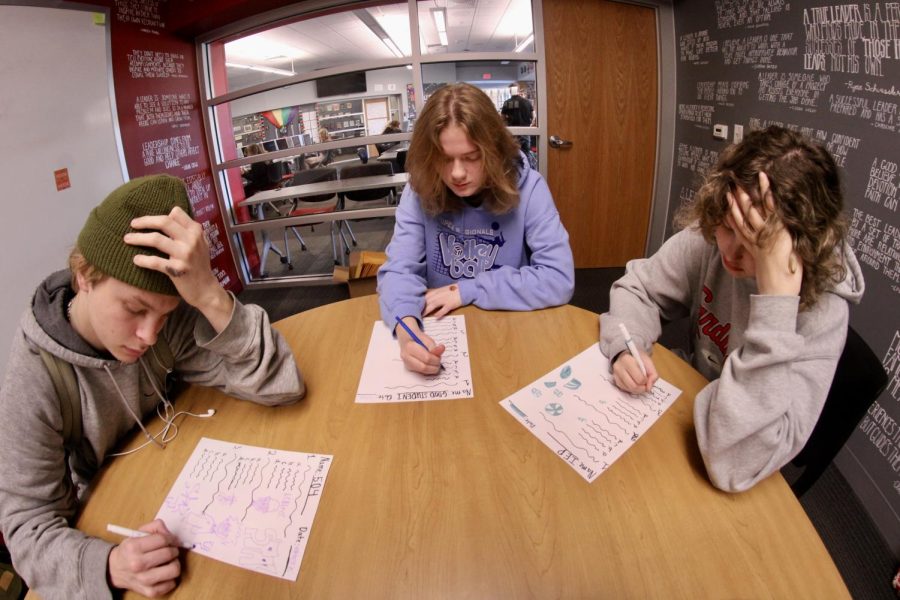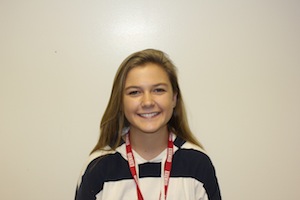The campus perimeter is filled with cars, the garbage cans are filled with trash, and the recycle bins are filled with paper and bottles. According to Bob Becker, science teacher, KHS still has improvements to make, but is on its way to being a green school.
This year, LEAF Club (Leading Environmental Awareness for the Future) teamed with the custodial staff to encourage students to recycle by doubling the amount of recycle bins at KHS. LEAF, sponsored by Linda Dubis, science teacher, works to keep KHS as green as possible. Their biggest job is to make sure trash does not get recycled, and recyclables do not find their way to the trash.
Dubis said this is a growing year for LEAF because although many members graduated, they are on their way to revamping their club and helping the school.
“A lot of people [in Kirkwood] are green,” Dubis said. “But a lot of people out there have to work on their ‘greeness.’”
The science department attempted to go paperless but because of recurring problems with the serve, that goal could not be achieved. Many science teachers such as Becker use Quia; a website with practice problems, quizzes and tests, which has cut down the amount of handouts given each day.
Becker, along with June Bourque, biology teacher, ride their bike to school as much as possible.
“It’s exercise, fresh air, and it helps the environment. It’s a win, win, win,” Becker said.
Many who ride their bikes to school or work would say it is beneficial in more ways than one. Charlie Hooks, junior, and member of Baldwin’s cross country team also rides his bike to school.
“It’s easy to do, and I can leave whenever I want. Also, since I run cross country, I don’t have to worry about getting a ride home,” Hooks said.
84.5 percent of students (153/181) recycle at home. Becker said there are simple things other than recycling that can be done every day by teachers and students to help the environment. Using natural light and turning off lights at the end of a class period is one of them. Students carpooling to schools and sports, or even riding or walking to school can help.
Becker believes another way KHS can be more green is to start a vegetable garden. Having a garden on campus would not only help teach students about gardening and vegetables, but these vegetables could also be used in the cafeteria, which is better for the environment. Part of Becker’s plan is to have the garden grow into a community garden, one that residents of Kirkwood could also help with and benefit from.
Becker and Dubis agree KHS is making environmental improvements but still has a ways to go before KHS has “gone green.”


